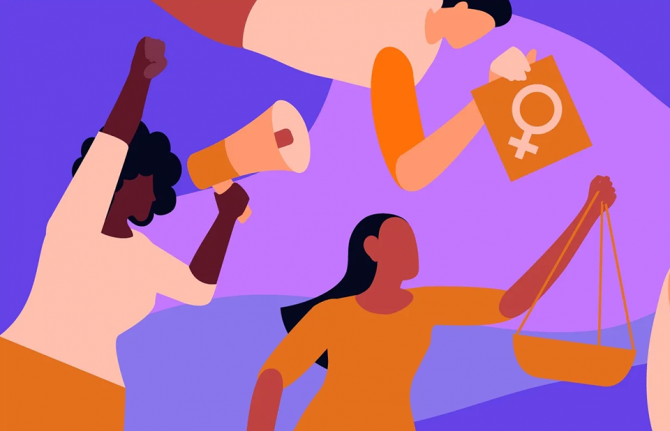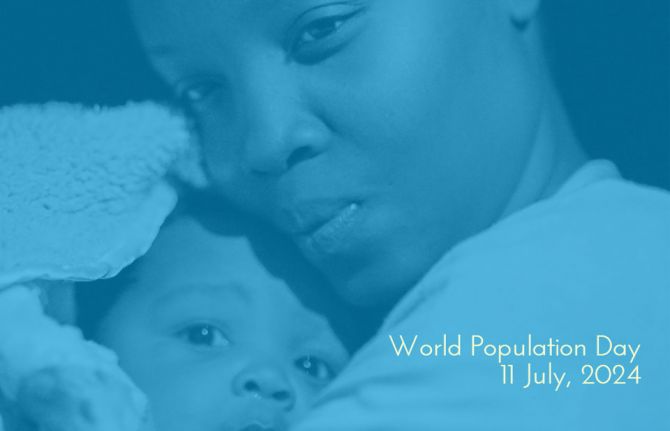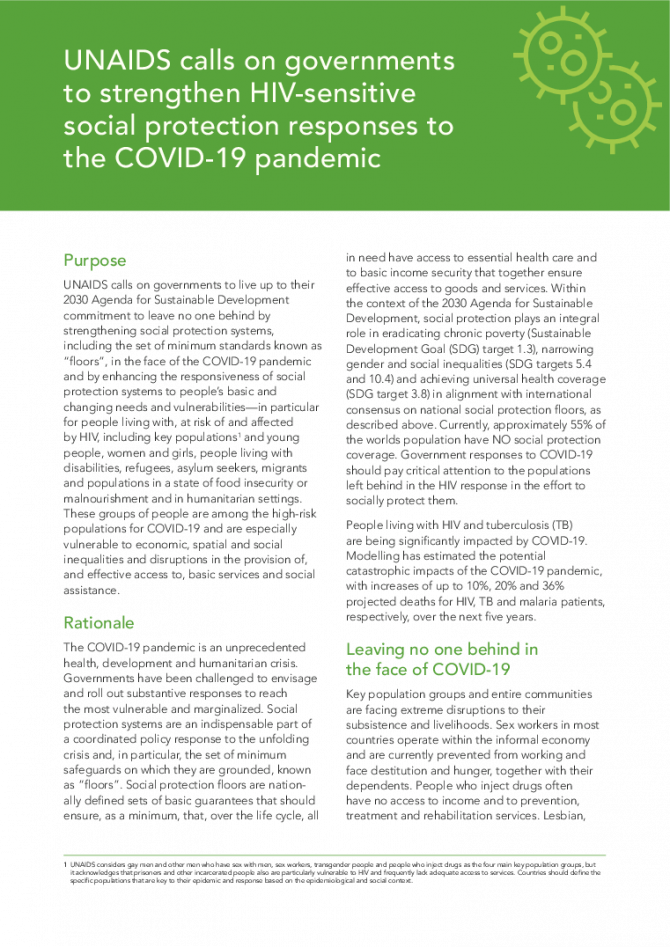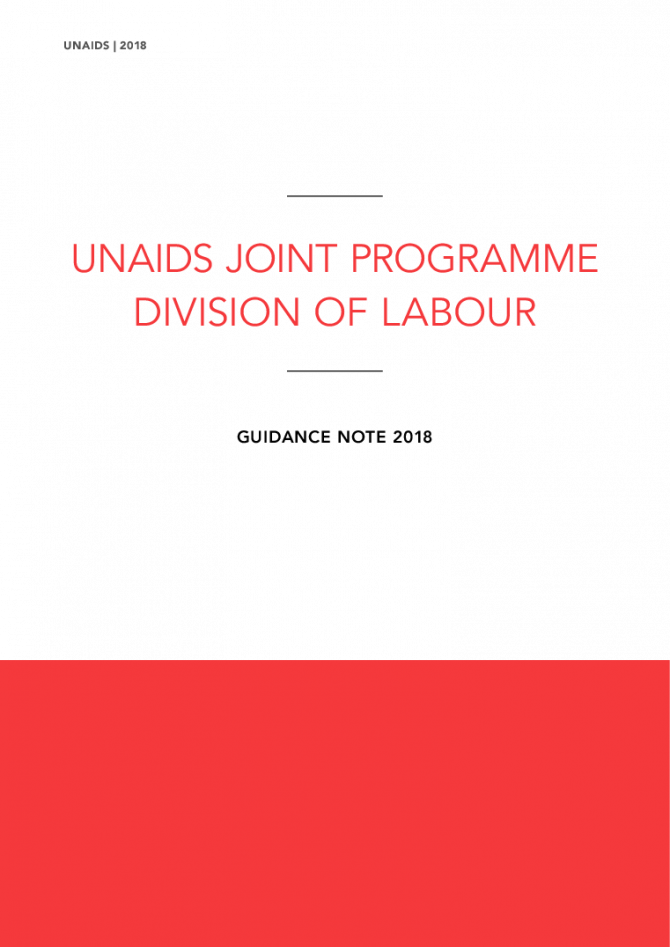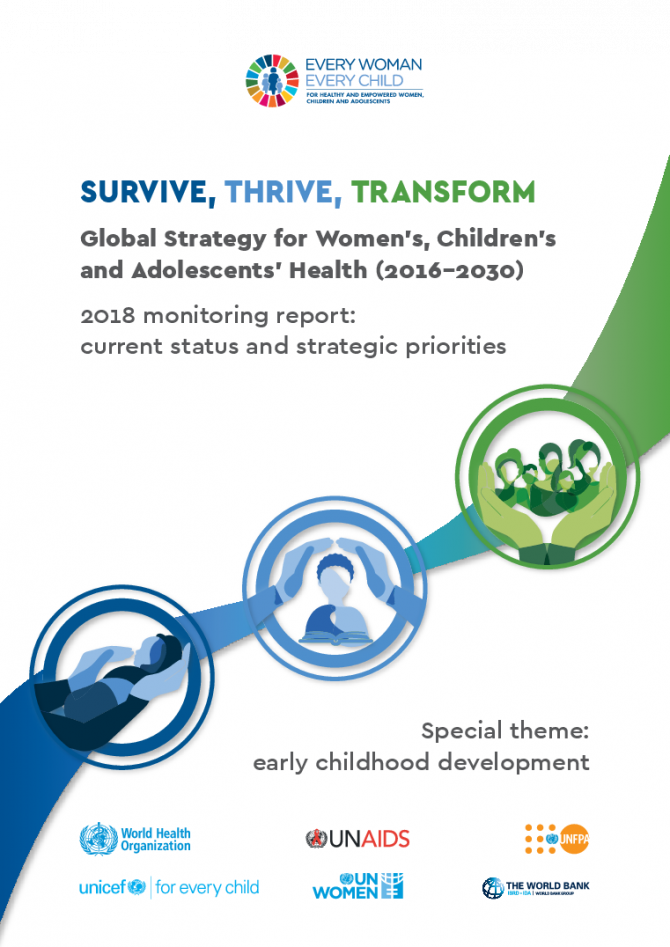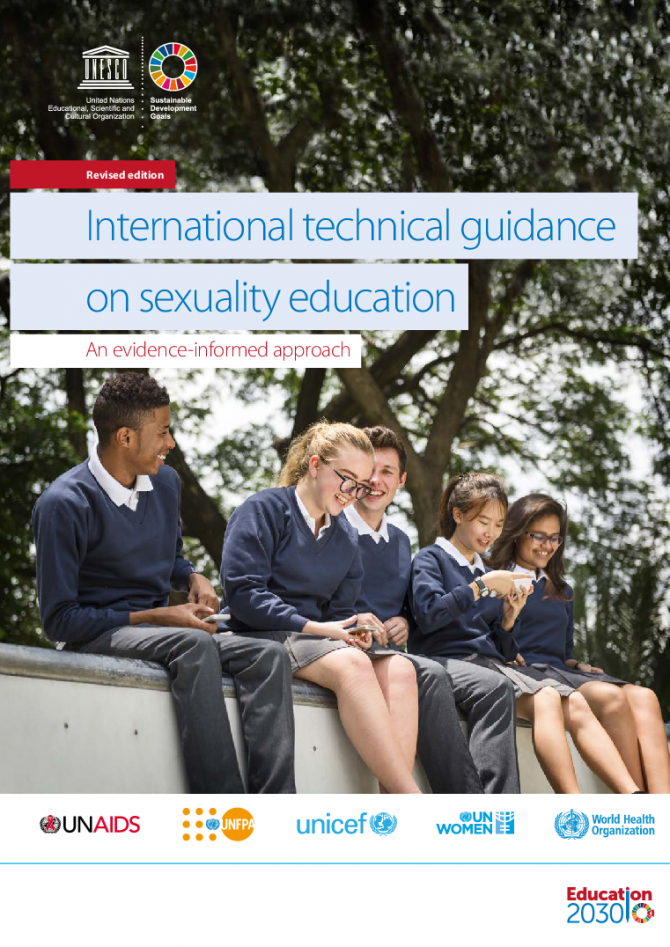
Created in July 2010, the United Nations Entity for Gender Equality and the Empowerment of Women (UN Women) promotes gender equality not just as an inalienable human right but as a central tenet of social, economic and cultural development. It provides a strong and resonant voice for women and girls at the local, regional and global levels and stands behind women’s equal participation in all aspects of life, focusing on five priority areas: increasing women’s leadership and participation; ending violence against women; engaging women in peace and security processes; enhancing women’s economic empowerment; and making gender equality central to national development planning and budgeting. UN Women also coordinates and promotes the United Nations system’s work in advancing gender equality, bringing together a range of United Nations resources and mandates, leading to greater focus and impact.
In June 2012, UN Women became the eleventh Cosponsor of UNAIDS, an important step towards ensuring that gender equality is at the heart of global action on HIV. UN Women supports efforts to integrate gender equality in all 10 of the key goals of the UNAIDS 2011–2015 Strategy and collaborates closely with Cosponsors in working towards achieving these goals and meeting the needs of girls and women, including ending genderbased violence and ensuring that national AIDS strategies address their rights and needs in the context of HIV.
UN Women’s strategic approach to HIV includes providing technical and financial support to Member States and women’s organizations, particularly organizations of women living with HIV, in the area of gender equality and HIV. To reduce the vulnerability of women and girls to HIV, UN Women seeks to address the challenges that stem from unequal power relations between women and men.
UN Women believes that the single most important strategy in dealing with the HIV epidemic is empowering women and guaranteeing their rights—so that they can protect themselves from infection, overcome stigma and gain greater access to treatment and care. It has helped to integrate gender aspects into the plans and policies developed by national AIDS councils in more than 35 countries and in regional programmes. This included developing a gender equality and HIV indicator compendium to ensure gender-sensitive national HIV responses.
UN Women brings gender equality and human rights perspectives to its programmatic work on HIV and strives to:
- Amplify the voices of women living with HIV, using strategies that promote their leadership and participation in decision-making.
- Integrate gender equality in national HIV planning (including policies, laws, national HIV strategies, budgets, and monitoring and evaluation frameworks).
- Strengthen national institutions to deliver on commitments to gender equality, including for women living with HIV and women providing support as caregivers.
- Address the intersections between HIV and violence against women.
- Promote access to justice for women living with and affected by HIV, including access to property and inheritance rights.
Civil society is a key constituency for UN Women. It plays a vital role in advancing shared objectives to promote gender equality and women’s rights and empowerment at all levels. In UN Women’s work on gender equality and AIDS, key civil society partners include international, regional and national networks of women living with HIV, women’s organizations, alliances and coalitions of women caregivers, legal and human rights organizations, and community development, grass-roots and media organizations. UN Women partners with these organizations at a strategic, technical and financial level to increase the influence of women living with HIV, to promote their leadership and meaningful participation in all decisions and actions in the response to the epidemic and to safeguard and protect their rights.
Additional information is available at genderandaids.org and at genderandaids.org/wpir.




